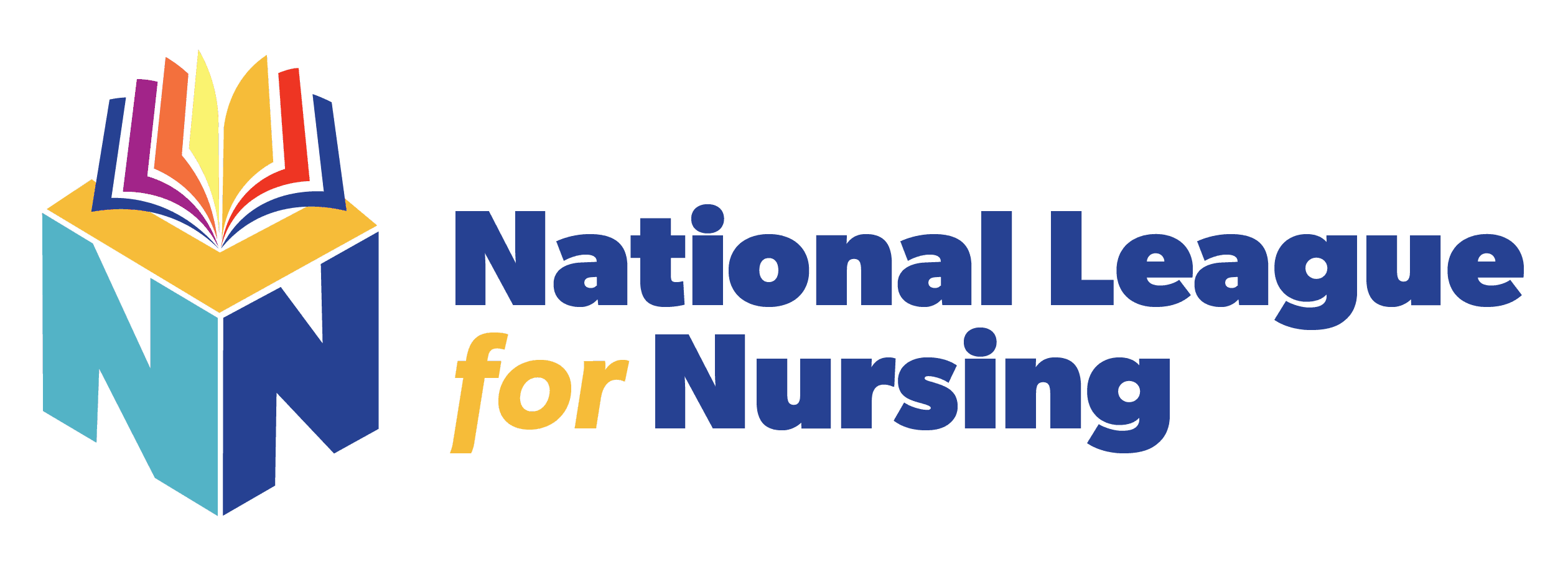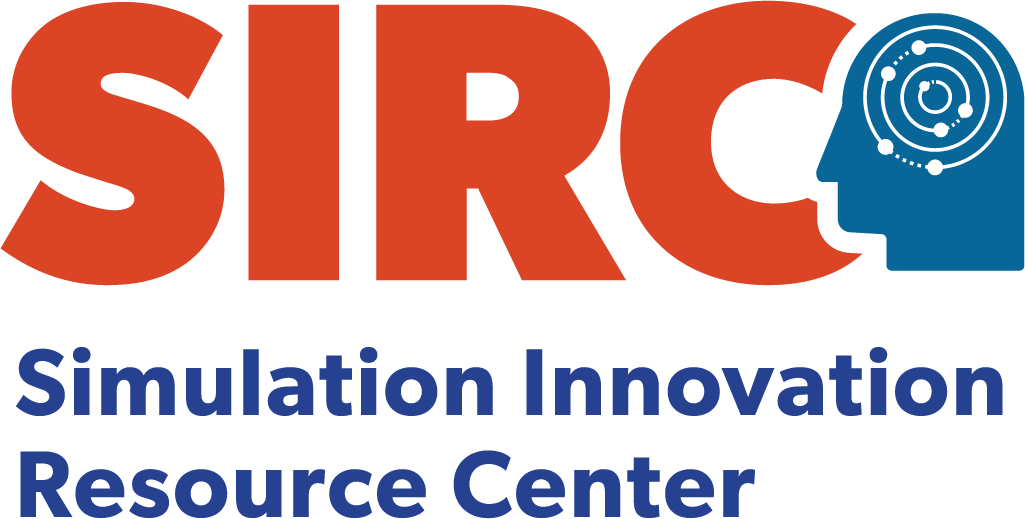
 NLN/Laerdal
Research Study
NLN/Laerdal
Research Study
In 2003, the National League for Nursing, through a grant from the Laerdal Medical Corporation, began a three-year, multisite study to explore how to design and implement simulations as a teaching strategy and evaluate selected learning outcomes using simulations.
NLN/Laerdal Research Study Instruments
The Simulation Design Scale (student version), a 20-item instrument using a five-point scale, was designed to evaluate the five design features of the instructor-developed simulations used in the NLN/Laerdal study. The five design features include: 1) objectives/information; 2) support; 3) problem solving; 4) feedback; 5) fidelity. The instrument has two parts: one asks about the presence of specific features in the simulation, the other asks about the importance of those features to the learner.
Content validity was established by ten content experts in simulation development and testing. The instrument's reliability was tested using Cronbach's alpha, which was found to be 0.92 for presence of features, and 0.96 for the importance of features.
Educational Practices Questionnaire (student version), a 16-item instrument using a five-point scale, was designed to measure whether four educational practices (active learning, collaboration, diverse ways of learning, and high expectations) are present in the instructor-developed simulation, and the importance of each practice to the learner.
The educational practices were derived from the work of Chickering and Gamson (1987). Reliability was tested using Cronbach's alpha. Presence of specific practices = 0.86; importance of specific practices = 0.91
Student Satisfaction and Self-Confidence in Learning, a 13-item instrument designed to measure student satisfaction (five items) with the simulation activity and self-confidence in learning (eight items) using a five-point scale. Reliability was tested using Cronbach's alpha: satisfaction = 0.94; self-confidence = 0.87
Note: More large valid studies are still needed, along with analyses of how these instruments correlate with other available tools and commonly used scales.

Use of NLN Surveys and Research Instruments
The NLN's copyrighted surveys and research instruments are an important part of its research activities.
Permission for non-commercial use of surveys and research instruments (includes, theses, dissertations, and DNP projects) is granted free of charge. Available instruments may be downloaded and used by individual researchers for non-commercial use only with the retention of the NLN copyright statement. The researcher does not need to contact the NLN for specific permission. In granting permission for non-commercial use, it is understood that the following caveats will be respected by the researcher:
- It is the sole responsibility of the researcher to determine whether the NLN research instrument is appropriate to her or his particular study.
- Modifications to a survey/instrument may affect the reliability and/or validity of results. Any modifications made to a survey/instrument are the sole responsibility of the researcher.
- When published or printed, any research findings produced using an NLN survey/instrument must be properly cited. If the content of the NLN survey/instrument was modified in any way, this must also be clearly indicated in the text, footnotes and endnotes of all materials where findings are published or printed.
Permission for commercial useof NLN surveys and research instruments must be obtained from the NLN. Commercial use includes publishing in journals, books, or inclusion in any product that is sold. Please submit a written request to copyrightpermission@nln.org. In most instances, requests for permission are reviewed within 4 weeks of their receipt.
Healthcare Simulation Standards of Best Practice
International Nursing Association for Clinical Simulation and Learning (INACSL) has developed Healthcare Simulation Standards of Best Practice that may be useful for your research projects.

NLN Research in Nursing Education Grants Program
Awarded annually to members, NLN research grants actively promote rigorous and robust studies that utilize multi-method, multi-site designs.

